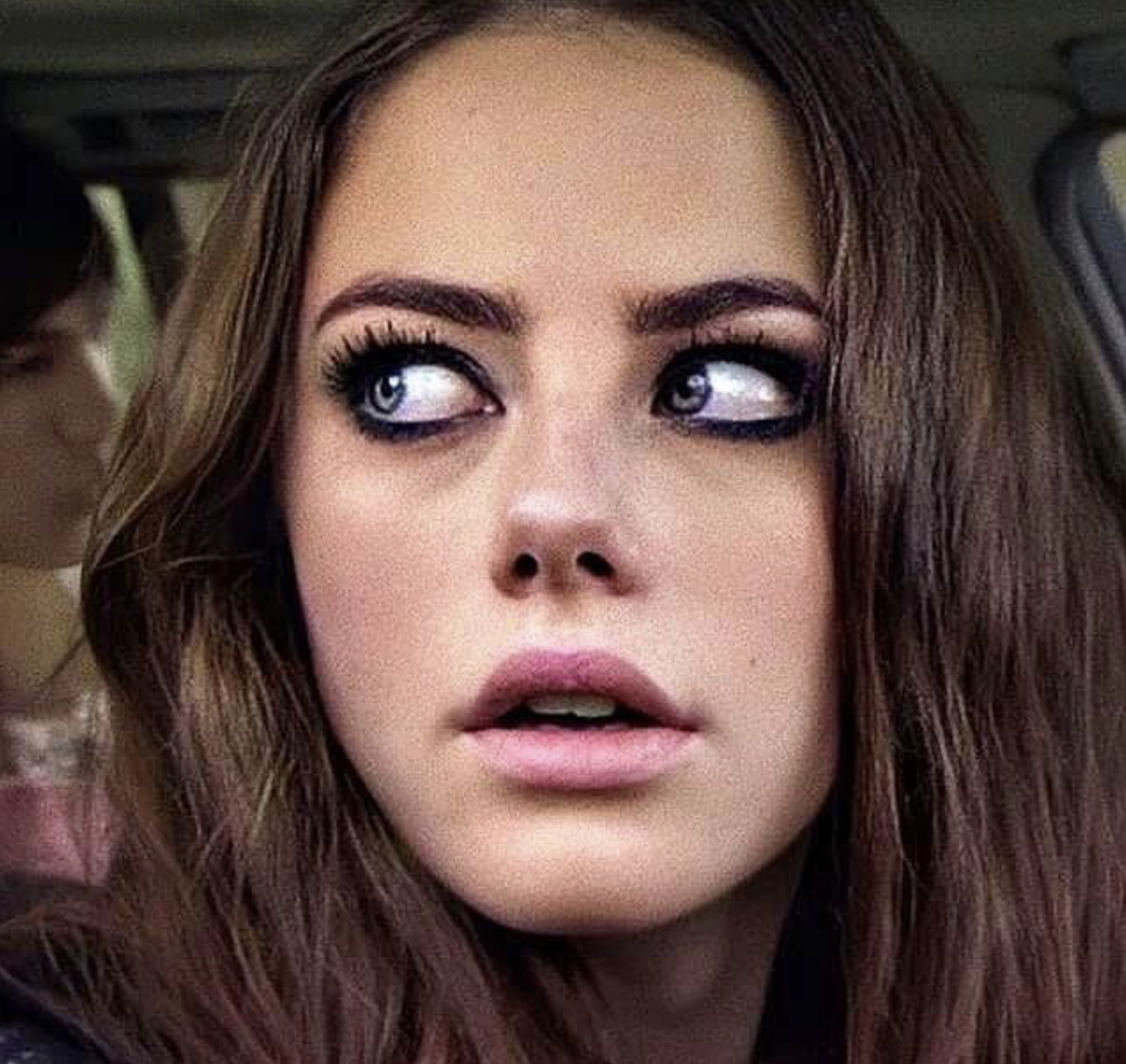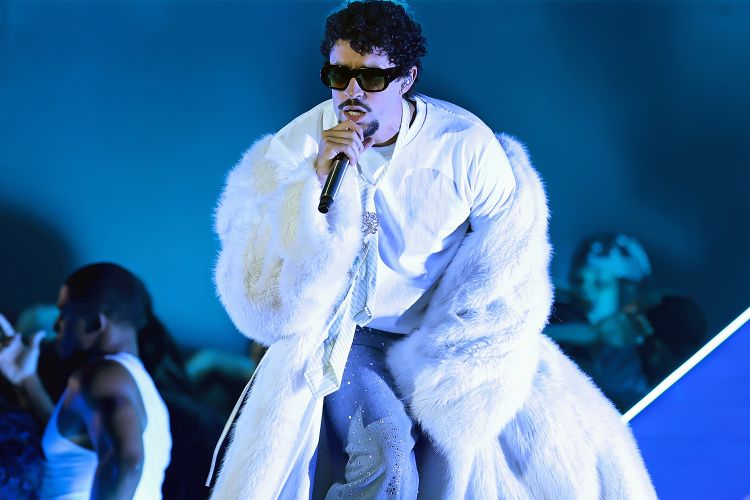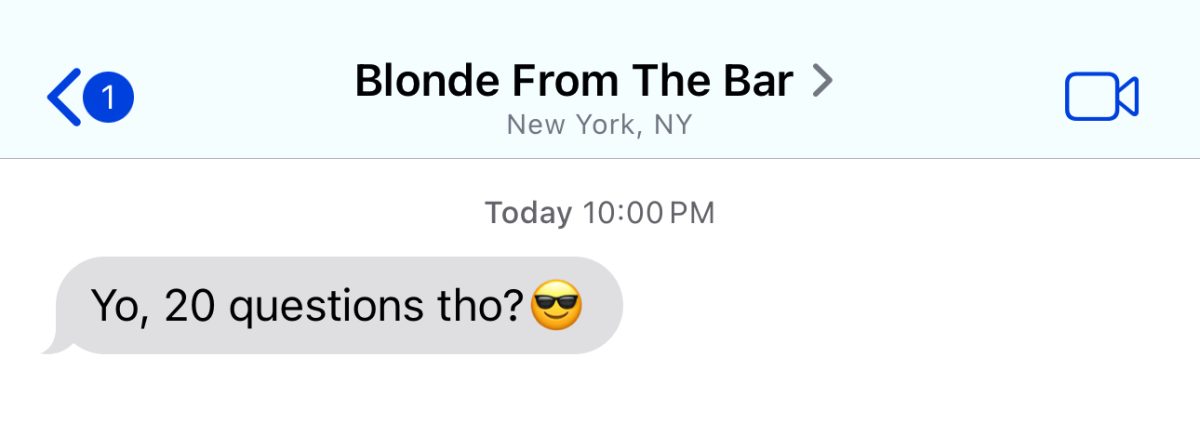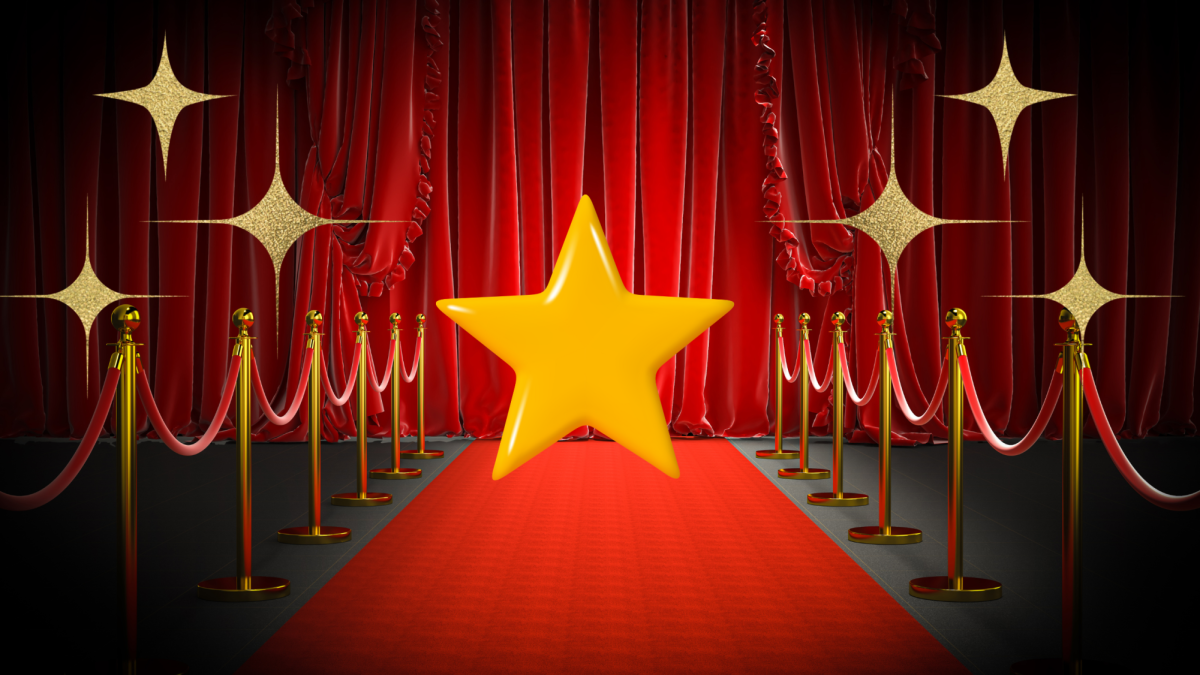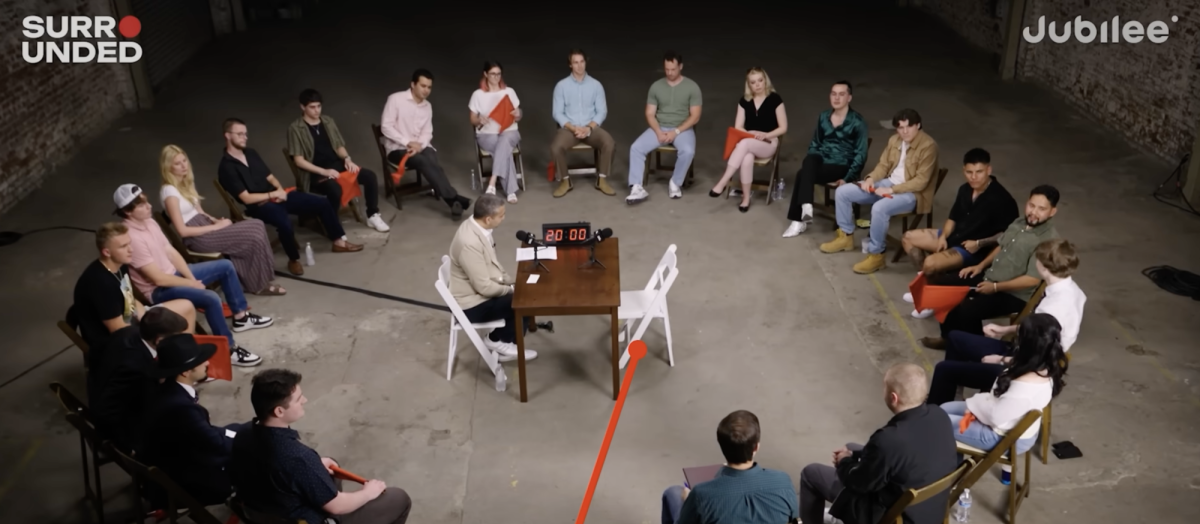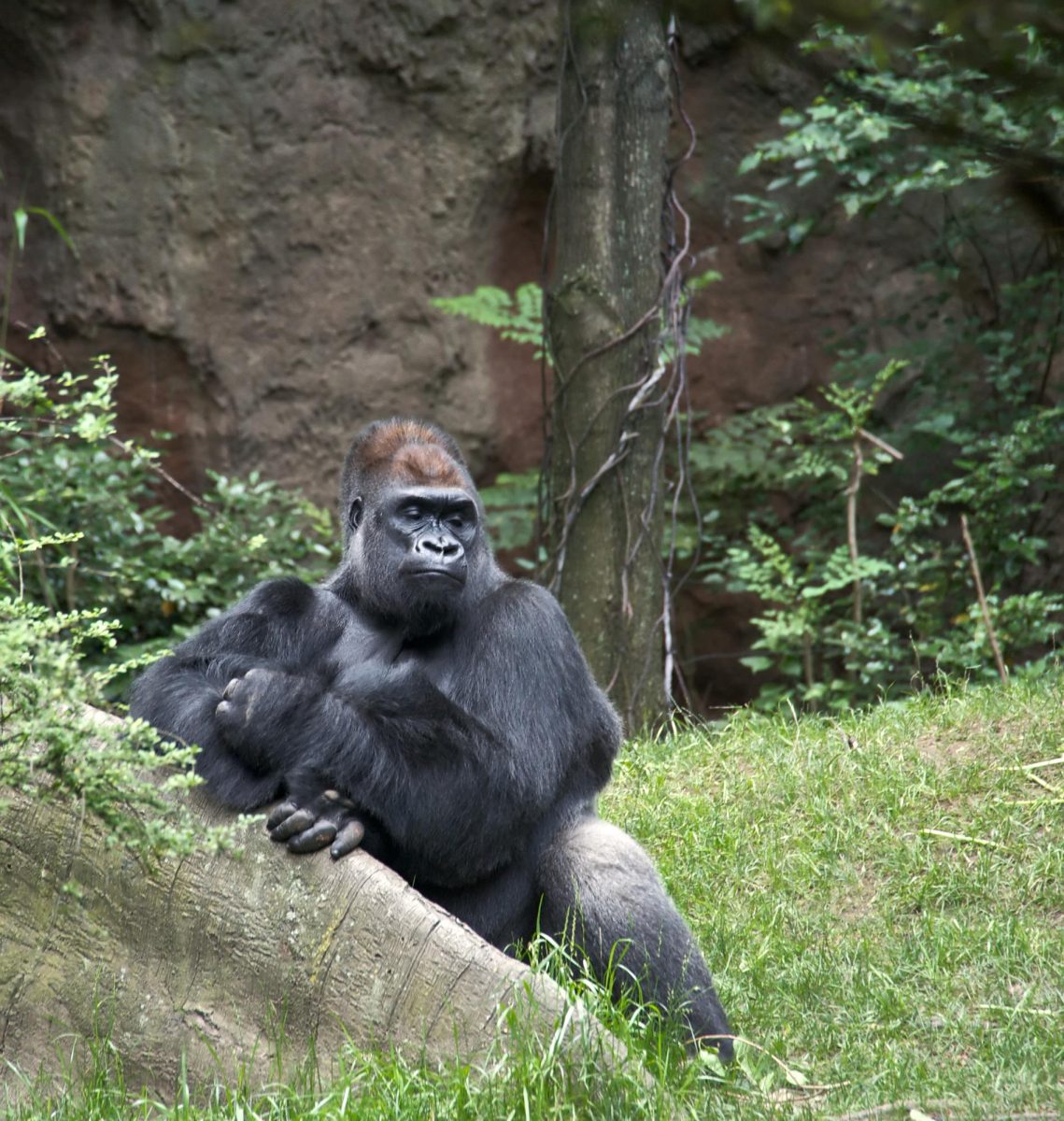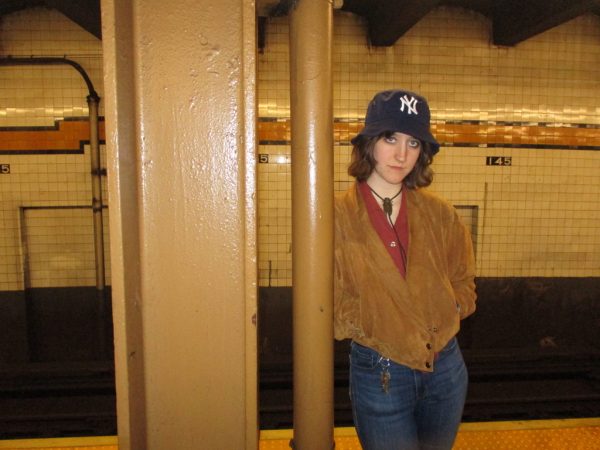A few weeks ago, I attended my godfather’s funeral. My entire extended family was there, and I received several (strange and unsolicited) compliments on my apparently staggering beauty; “You really grew into your looks,” “You’re having an exceptionally good hair day,” “Were you always this pretty?” Despite the fact that I knew these were very odd things to say to someone at a funeral, it was exhilarating. One of my sneaking suspicions had just been confirmed: I am Fleabag.
But do I really want to be Fleabag? Sure, she’s sarcastic, witty, attractive and everyone who watches her on TV seems to really like her, but she’s also emotionally walled-off to an almost pathological degree. She’s perverse and so detached from reality to the point where she prioritizes her relationship with an invisible camera over relationships with her friends and family in real life. My excitement started to wane as I realized that Fleabag may not be the best character to emulate.
Young people have no idea who they are, which is why growing up is so confusing. The whole point of growing up is to figure this out; to experiment with new interests and friends and personalities until you find one that clicks and really feels like you. Until that happens, we have no choice but to look for ourselves in other people as well as the media we consume. Characters in movies, books and television shows that are often caricatures of what a real person would be like (i.e., George Costanza) appeal to us because we see a bit of ourselves in their ridiculous personalities. Fleabag has her faults, but she’s still likable in spite of them. In fact, it’s her faults that make her so appealing. I get to see the worst parts of myself reflected in someone who is still endearing enough to be the main character of a TV show.
Many young women see themselves in the tortured, sad, “hell is a teenage girl” types, namely Meredith Grey, Effy Stonem and Lisa Rowe, among many others. Many young women also relate heavily to songwriters and poets like Sylvia Plath, Lana Del Rey or Joni Mitchell, who put our feelings of despondency and mediocrity into words. I often find myself deeply moved by Charles Bukowski’s work, which is most likely another sign that I need to do some introspection or perhaps seek therapy.
All of these people boldly put the more unsavory parts of themselves on display and in the hands of our judgment. However, rather than judge them, we find solace in the fact that we’re not alone in our struggles and that someone much cooler or much more eloquent than we are is going through the same thing. Greta Gerwig’s “Barbie” was so affecting because the iconic, flawless Barbie was given real, human, relatable problems. We saw our deeply flawed selves in the most perfect character to ever exist, and it made us feel seen and acknowledged.
The inverse seems to be true for the characters young men are drawn to. Rather than feeling comforted by a character who displays their flaws, they are repulsed by them, labeling them “betas,” (which is the worst thing you could ever possibly be, obviously). Young men often idolize characters who represent who they wish they could be: strong-willed, tough, independent characters otherwise known as “alphas.” Watching them start to imitate these characters is a bit harrowing, however as these people are often disreputable, nefarious or literal psychopaths.
Anyone who was alive for the release of “Joker” in 2019 will recall that seemingly every teenage boy on the planet who saw the film thought that Joaquin Phoenix’s Joker was the epitome of masculinity and coolness. Yes, he’s cool and weird, but he should absolutely not, under any circumstances, ever be looked upon as a role model. Patrick Bateman, Tyler Durden and Tony Soprano are more examples in a very long list of characters young men find extremely appealing. The one thing they all seem to have in common–despite their affinity for needless violence–is that they are paragons of traditional masculinity. Rather than embrace their feelings of inadequacy, young men run from them and instead project themselves onto characters who are everything they’re not.
The one thing most people seem to agree on is that the “anti-heroes” are the most compelling kinds of characters. The Holden Caulfields and the BoJack Horsemans of the fictional world appeal to us because they are imperfect and sad and real. They either make us feel more at ease with our problems or they give us someone to look up to, even if that ‘someone’ murders for fun.
It’s completely natural to see bits of yourself in a fictional character, especially when you’re watching them have experiences that are similar to yours. It was strangely comforting to me knowing that while I was struggling to field compliments from estranged family members at a funeral, Fleabag went through the same thing.
It’s easy to be influenced by these characters because they’re cool and funny and occasionally on TV, however, it’s important to do your best to figure out who you actually are before you try to adopt the personality of a fictional character. Hastily proclaiming, “That’s so me for real,” holds no weight if you never really knew who you were in the first place.

